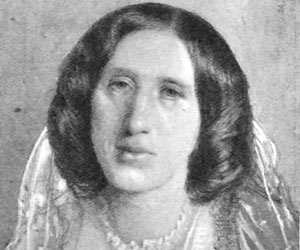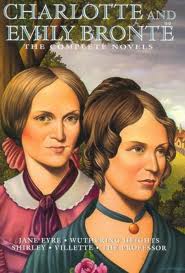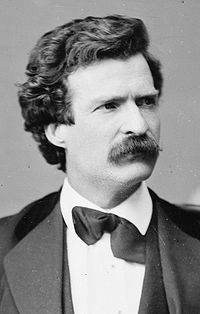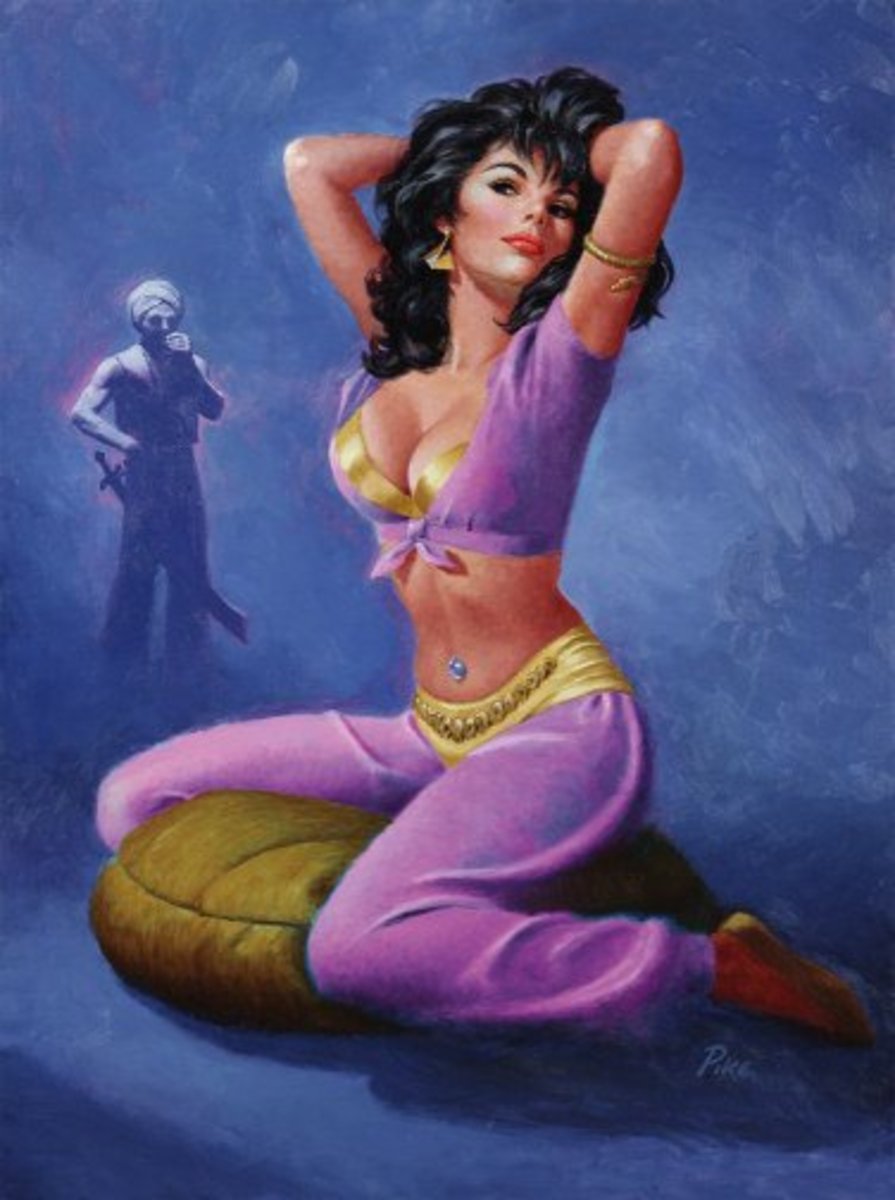The 'flash' name appeal in writing



Just why do people use pen-names whey they write a novel or even an article? Well, there is really no simple answer to that. There was in the good old days a certain mysteriousness about using an assumed name.
It seemed to have been a fad in the 19th century, although many writers and authors may have been moved to write under an assumed name for a variety of reasons to do with the social surroundings of the time.
Take George Elliot for instance, a now great writer, but back in the 19th century she took on the assumed name of a man to protect her feminine identity. Her real name was Mary Ann Evans, and she loved to write, but she believed being a woman would hamper her.
So George Elliot was born, very male, very crisp gentleman, and a cloak of literary aura under which Evans hid under in puritanical Victorian England.
But Evans may have taken it to extremes for the Bronte sisters ( Charlotte and Emily) had kept their original names, writing novels that become great literary pieces. The same goes for Catherine Mansfield, fame of Pride and Prejudice and many others as well many others, and had no fear of being discriminated against.
However across the Atlantic something else was turning. Samuel Langhorne Clemens came to write some of the finest literary pieces but many literary buffs would look aghast and say who is this man. This is because he wrote under the pseudonym of Mark Twain, who arguably wrote some of the greatest novels in English/American literature.
Right from the start he probably guessed that then publishers wouldn’t have even looked at his novels with a long name like that and moved on to simplify and give it a certain degree of business-like familiarity.
The readers might not have liked such a name either, although I suspect the reading public, though small at the time, may not have had an inclination to look at a writer with such a long name.
He may have had fortitude to change his name giving it what we can call the modern “tick” and which everybody today know him by, forgetting that he was called by Samuel Langhorne Clemens, which if you think about it is quite a mouthful.
From a marketing point of view Mark Twin would definitely be a better seller, although, I don't think he was thinking that far ahead because back then still have been locked in the methods of the 19th century.
But the idea of the pen-name continues to be appealing for people who prefer to give it mystery, although how far this is generalized I wouldn’t like to hazard a guess. What I do know is in today’s world of fast communications and online, the by-line has assumed new importance.
Today many people like to see their names, proper names, up, shining on the page, rather than having an assumed name, regardless whether there is a “tick” to it or not, but of course I might be wrong.






